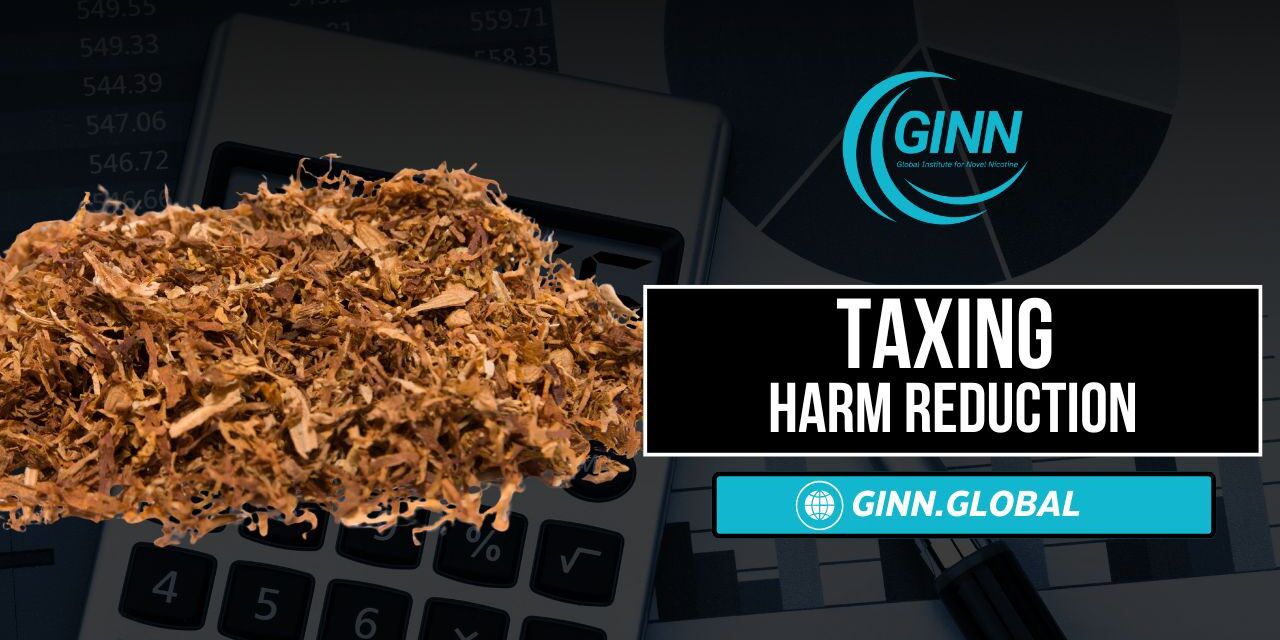Detailed guide explaining how vape devices, e-liquid, and vapor function.
By K Futur UncategorizedThe European Commission’s approval of the 2028–2034 Multiannual Financial Framework signals a seismic shift in how tobacco taxation will function across the European Union. While touted as a modernization of fiscal policy, the measures raise critical questions about the future of harm reduction and whether safer alternatives to smoking will remain accessible and incentivized.
What’s Changing?
Under the new framework, tobacco taxation becomes an “Own Resource” for the EU, expected to generate €11.2 billion—about 15% of total Member State tobacco excise revenue. This move is set to reshape how nicotine products are taxed, with the Tobacco Excise Duties Directive (TED) receiving a major overhaul.
Here are the proposed minimum excise rates under the revised directive:
- Nicotine pouches: 50% of the retail price or €143/kg
- E-cigarettes: 20–40% of the retail price, depending on nicotine strength
- Cigarettes: From €90 to €215 per 1000 cigarettes, plus 63% of the retail price
The increase in tax on nicotine pouches is particularly steep, up from a previously proposed 40%, despite their classification as smoke-free, tobacco-free alternatives.
A Harm Reduction Paradox
The Commission rightly notes that taxation has contributed to a 40% decline in smoking across the EU over the last decade. Yet this progress is now threatened by an emerging contradiction:
Safer alternatives like nicotine pouches and e-cigarettes are being taxed at levels that could deter switching, while cigarettes, the most harmful products, retain relative affordability.
This strategy seems at odds with the EU’s own “Tobacco-Free Generation by 2040” goal. If reduced-risk products are taxed similarly—or even more harshly—than cigarettes, the incentive to quit or switch is weakened.
Market Realities and Missed Opportunities
The new tax framework does aim to address illicit production and trade, which reportedly costs Member States €13 billion annually. It also seeks to bring previously untaxed products into a formal regulatory space—important steps for market integrity.
But the unintended consequences are clear:
- Smokers may be discouraged from switching to less harmful alternatives#
- Price distortions could make combustible products relatively more attractive
- Public health goals may be overshadowed by revenue priorities
In short, the EU risks using fiscal tools in a way that inadvertently reinforces smoking, rather than accelerating its decline.
Striking the Right Balance
The upcoming changes will roll out gradually, by 2028, with some transition periods until 2032. This gives Member States time to evaluate the real-world impact of the directive.
At GINN, reduced-risk products must be taxed proportionately to their risk, not lumped into a one-size-fits-all fiscal model. Policies that treat all nicotine products as equal in harm undermine innovation, discourage switching, and ultimately compromise public health.
Our Call to Policymakers
As discussions move forward, we urge EU leaders to:
- Differentiate taxation by risk profile
- Align fiscal measures with harm reduction goals
- Ensure access to affordable, regulated alternatives to smoking
- Avoid overtaxing products that help reduce smoking prevalence
What’s Next?
The EU has a choice: double down on evidence-based harm reduction, or let fiscal priorities drive a policy that may entrench the cigarette market.
GINN will continue to engage with policymakers, regulators, and the public to ensure taxation supports—not obstructs—the path to a smoke-free Europe.
Further Reading:
For real-world examples, see Poland’s Excise Duty and EU’s Proposed Pouch Tax. To compare with the vaping side, read UK Recycling Industry Calls for Vape Collection.
EUHealthIndustry NewsOpinion PiecesRegulations






